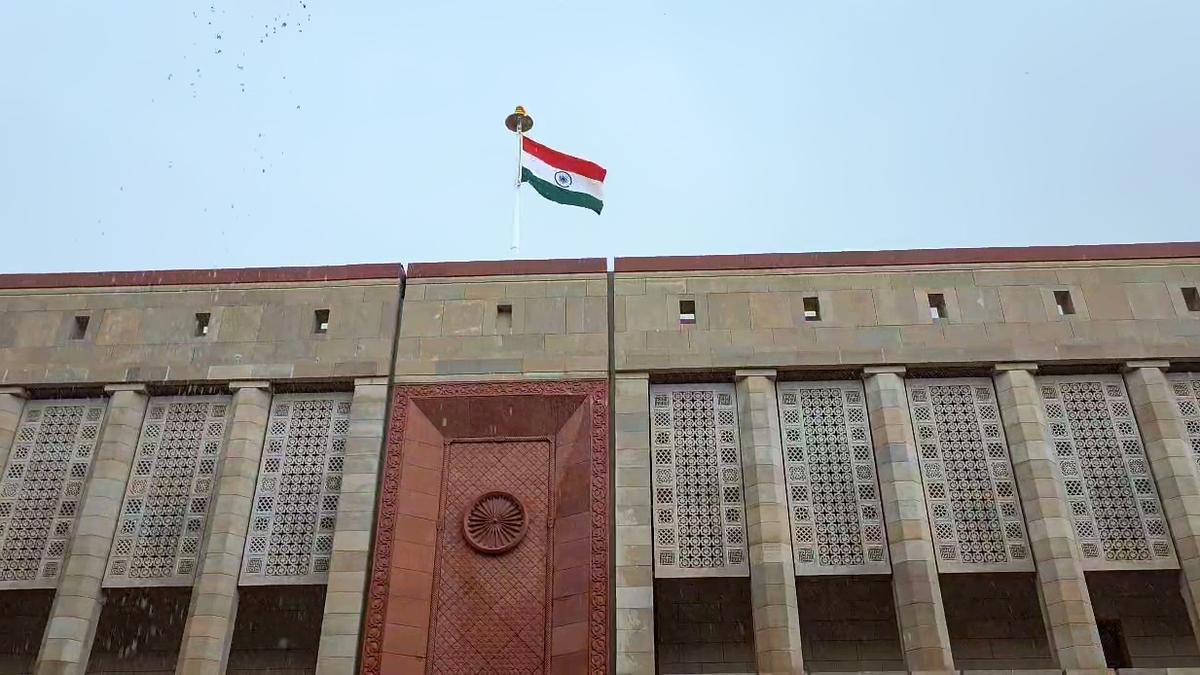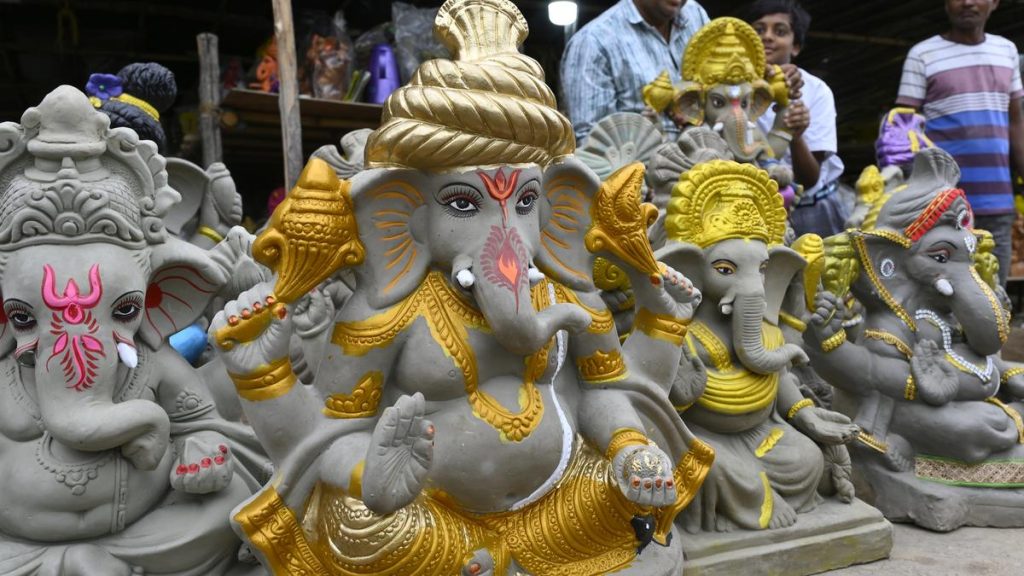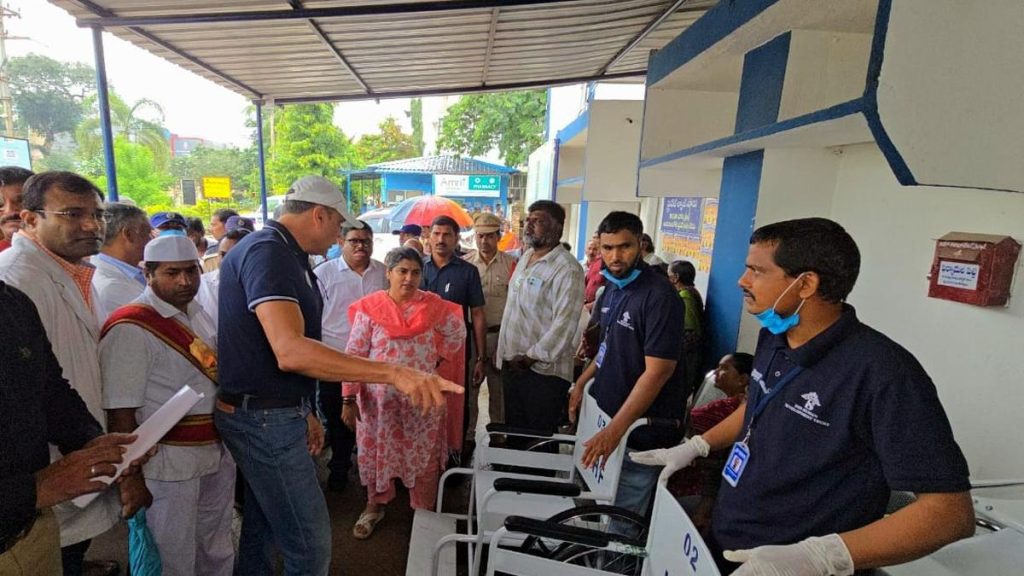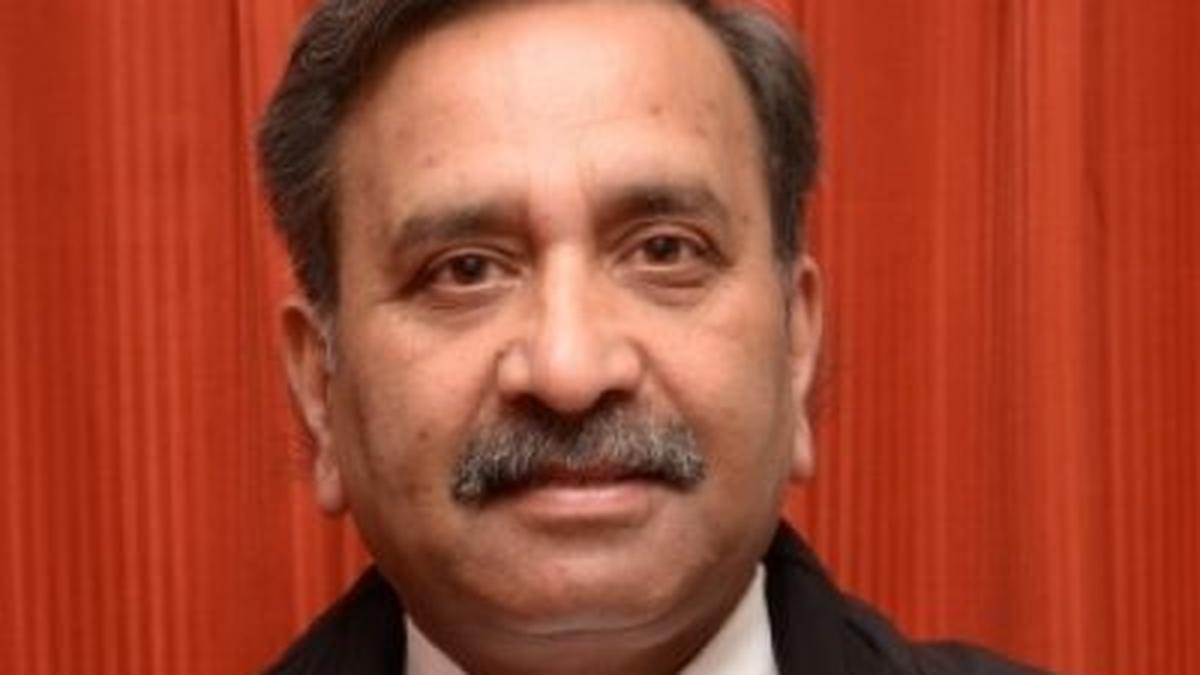Now Reading: Bill Targeting Ministers with Criminal Charges Faces Parliamentary Challenge
-
01
Bill Targeting Ministers with Criminal Charges Faces Parliamentary Challenge
Bill Targeting Ministers with Criminal Charges Faces Parliamentary Challenge

Quick Summary
- 130th Constitutional Amendment Bill seeks to remove Ministers, including the Prime Minister and chief Ministers, facing serious criminal charges.
- The draft law was referred to a parliamentary Joint Committee on August 20, with a report deadline set for the first week of Parliament’s winter session.
- Three opposition parties – Trinamool Congress (TMC), Samajwadi Party (SP), and Aam Aadmi Party (AAP) – have refused to participate in the panel. The Congress is reportedly considering joining the boycott.
- Passage requires critically important support: Article 368 mandates approval by “a majority of the total membership” plus two-thirds “of members present and voting” in each House. For Lok Sabha, this translates to at least 362 out of 543 votes.
- BJP-led NDA holds 293 seats, falling short of this threshold. INDIA bloc has 236 members; there are four independents and nine others.
- BJP did not consult its eight allies prior to introducing the Bill. While allies expressed general support, leaders from JD(U) and TDP highlighted concerns about potential misuse as well as “gray areas.”
Indian Opinion Analysis
The proposed bill represents an unprecedented effort aimed at strengthening accountability among elected representatives, perhaps reshaping India’s political framework substantially. By targeting ministers with pending serious criminal charges irrespective of their position or party affiliation, it reflects intent toward ethical governance – tho its implementation hinges on broad consensus.
The challenge lies in achieving bipartisan support given its demanding voting thresholds under Article 368. With key opposition parties boycotting committee participation, meaningful deliberations might be hindered unless collaborative efforts resume swiftly.
Moreover, concerns voiced by BJP allies about safeguards against misuse highlight practical apprehensions that extend beyond partisan divides-suggesting amendments may be necessary before finalization.
This bill could stand as a landmark development for clean governance if inclusivity prevails during discussions. Though, without broader trust-building measures between political factions involved in shaping such reforms frameworks stall easily
























